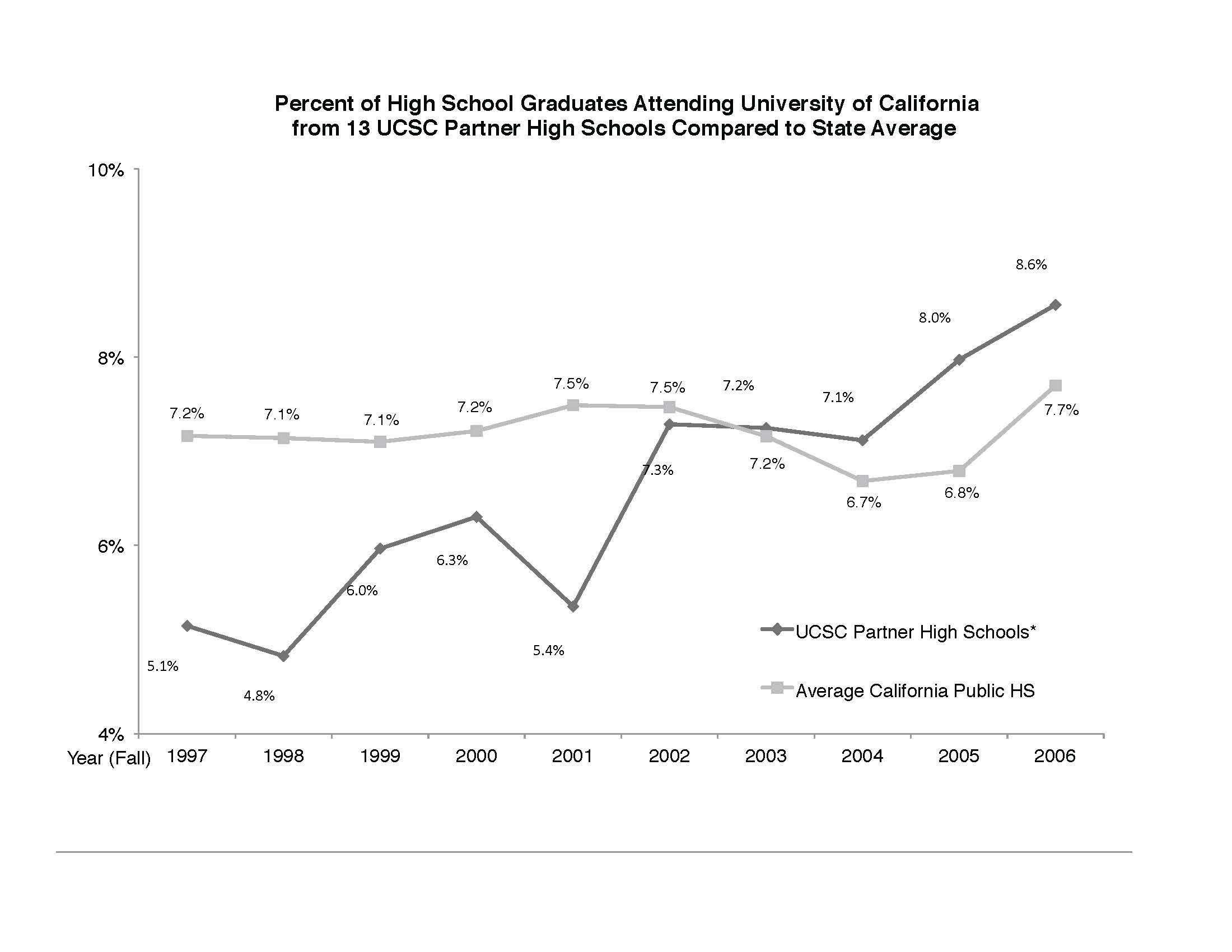Longitudinal Data
Why longitudinal data? Partnerships track trends for groups of students over time and trace individual students' unique long-term pathways through school to careers. Partners also use longitudinal data for groups of students and with individual students and their families to map their multiple pathways through school to college and career goals. These activities help improve services for students on different pathways.
Resources
Cal-PASS Plus, created through leadership and funding by California Community College Chancellor’s Office, is an accessible, actionable, and collaborative pre-K through 16 system of student data. Cal-PASS Plus’ mission is to provide actionable data to help improve student success along the education-to-workforce pipeline. Cal-PASS Plus offers longitudinal data charts, analyses of P-16 transitions, workplace outcomes and success factors, and comparisons among similar universities, colleges, and K-12 school systems and schools. Cal-PASS Plus facilitates Regional Learning Councils of P-16 leaders to share data and collaborate to improve education and workforce outcomes.
The Transcript Evaluation Service, University of California, Office of the President, provides high schools with detailed reports on students' progress toward meeting "a-g" requirements for ellgibility for the University of California and the California State University. The TES also provides individual students a clear picture of their pathways to university eligibility and enrollment.

